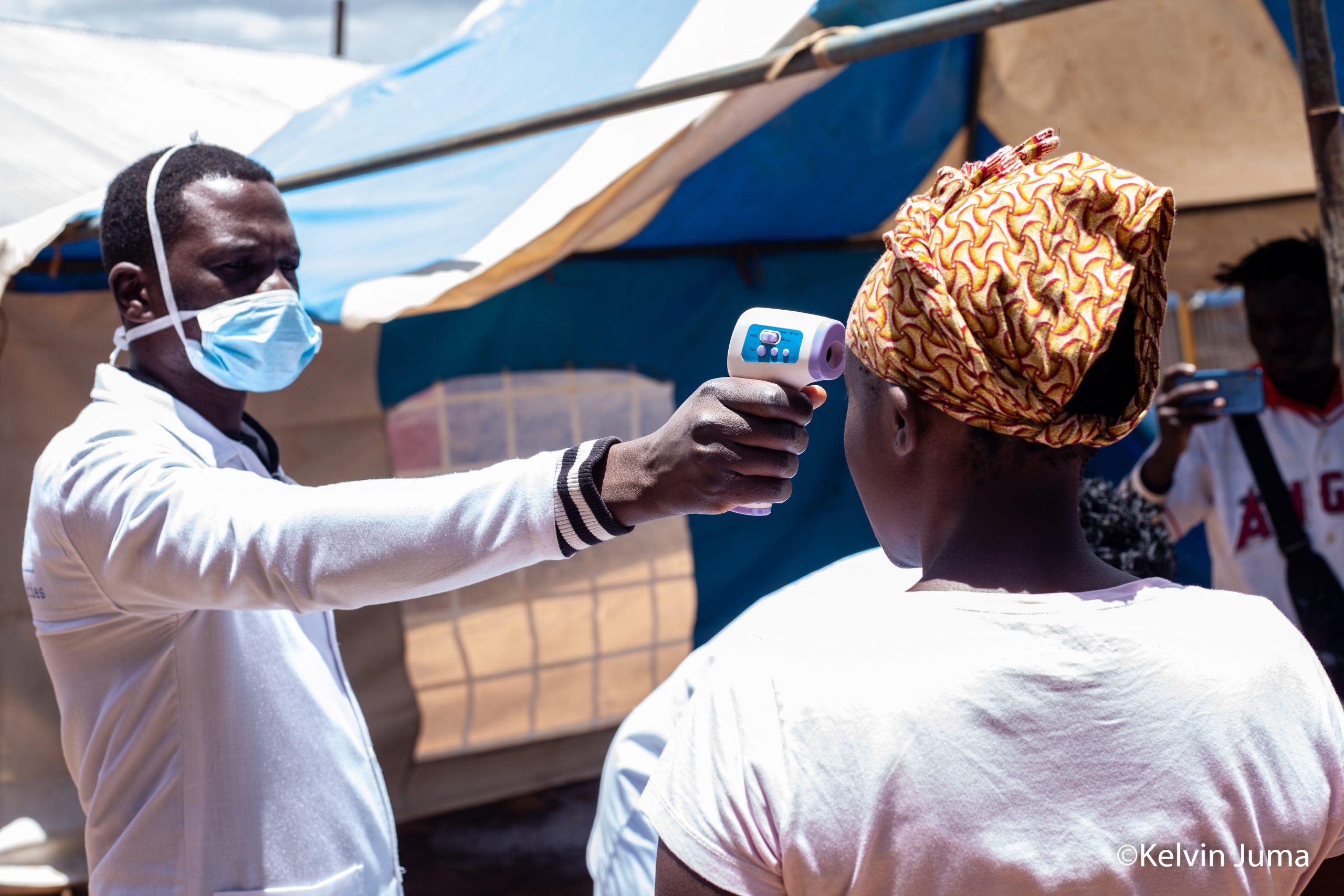
Confirmed coronavirus cases in the U.S. topped two million as the virus begins to spread more rapidly in some states that aggressively reopened such as Texas, Arizona, North Carolina and others. While health officials expected cases to rise as states reopened, the focus now is on ensuring that surges don’t boil over into uncontrolled outbreaks.
Biotech company Regeneron announced it has started to test its potential coronavirus drug on humans to evaluate if it can effectively treat and even prevent Covid-19.
This is CNBC’s live blog covering all the latest news on the coronavirus outbreak. This blog will be updated throughout the day as the news breaks.
- Global cases: More than 7.39 million
- Global deaths: At least 417,109
- U.S. cases: More than 2 million
- U.S. deaths: At least 112,924
The data above was compiled by Johns Hopkins University.
Moderna to launch coronavirus vaccine trial in July
8:58 a.m. ET — Moderna is set to start a 30,000-person trial of its coronavirus vaccine in July, the company confirmed to Reuters. The trial comes as the biotechnology company enters the final stage of testing for the potential coronavirus vaccine.
Moderna selected a100-microgram dose of the vaccine for the study, for which the primary goal would be to prevent symptomatic Covid-19. The secondary goal would be the prevention of severe disease, as defined by people being hospitalized.
The company aims to deliver around 500 million — and potentially up to 1 billion — doses per year beginning 2021, Reuters reported. —Alex Harring
Pace of U.S. weekly jobless claims continues to decelerate
8:48 a.m. ET — The pace of unemployment claims decelerated for the 10th straight week as the U.S. jobs market continued its plodding recovery from the coronavirus pandemic, CNBC’s Jeff Cox reported.
Labor Department data showed initial claims totaled 1.54 million, compared to the 1.6 million expected from economists surveyed by Dow Jones and a drop of 355,000 from the previous week’s total that was just short of 1.9 million. —Melodie Warner
White House, GOP push coronavirus relief talks to late July, sources say
8:29 a.m. ET — The White House and Republican lawmakers will push formal negotiations on the next coronavirus stimulus relief package to July, two senior administration officials and two senior GOP aides told CNBC.
Both chambers of Congress are expected to return from recess on July 21, just 10 days before the expiration of some critical programs under the CARES Act, like increased unemployment insurance payments. —Yelena Dzhanova
The latest on daily new cases
Regeneron begins testing potential treatment and preventative
7:24 a.m. ET — Regeneron announced the start of the first human trial of its antibody cocktail that the company hopes will effectively treat and even prevent Covid-19.
The drug, REGN-COV2, which is a combination of two antibodies, is the latest potential therapy to enter clinical trials. The only drug that has so far proven to effectively treat Covid-19 patients is Gilead Sciences‘s Remdesivir.
“REGN-COV2 could have a major impact on public health by slowing spread of the virus and providing a needed treatment for those already sick – and could be available much sooner than a vaccine,” Dr. George Yancopoulos, co-founder and chief scientific officer of Regeneron, said in a statement. —Will Feuer
WHO warns of increasing ‘hotspots’ in Africa
NAIROBI, Kenya – Health workers carry out coronavirus screening on residents in the Kibera settlement.
Kelvin Juma/SHOFCO
7:00 a.m. ET — Africa will experience a “steady increase” in coronavirus cases until a vaccine is developed, the World Health Organization warned, according to Reuters.
The global health body said that robust public health measures are needed in virus “hotspots” in the continent.
“Until such time as we have access to an effective vaccine, I’m afraid we’ll probably have to live with a steady increase in the region, with some hotspots having to be managed in a number of countries, as is happening now in South Africa, Algeria, Cameroon for example, which require very strong public health measures, social distancing measures to take place,” Matshidiso Moeti, WHO’s Africa regional director, told a briefing in Geneva, Reuters said. —Holly Ellyatt
